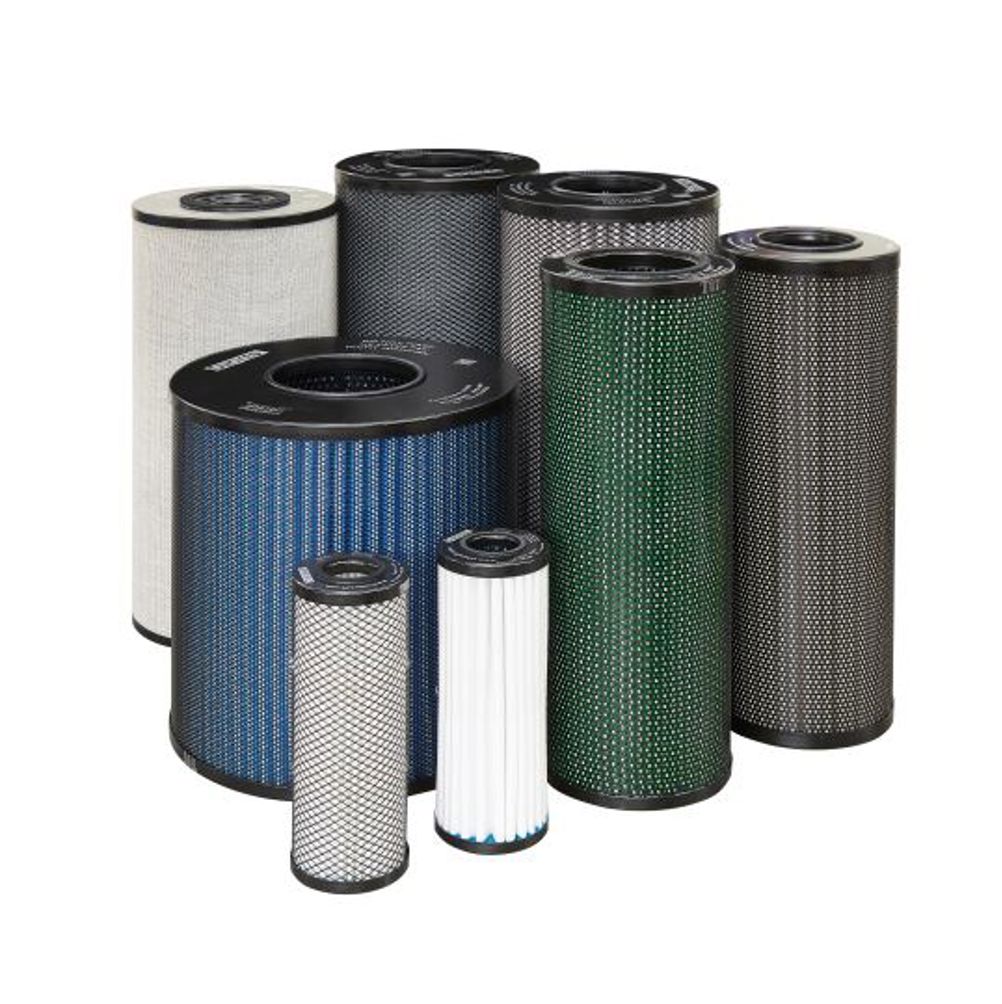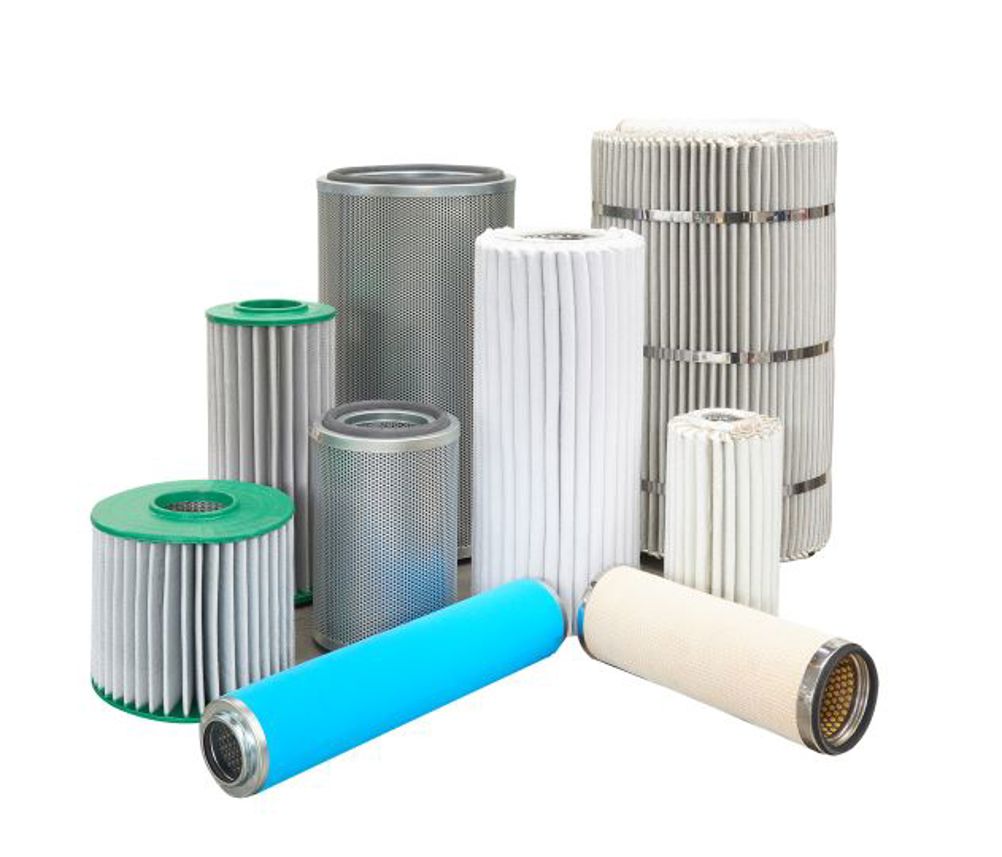F+S: Who is Cleanova?
JR: Cleanova was formed in October 2023 and comprises four established filtration brands - Airpel, Dollinger, Plenty and Vokes. We currently have around 320 people operating across four manufacturing sites, plus sales and service centres in the US, UK and Ireland, India and the Middle East. We are owned by PX3, a private equity business, and our aim is to become a global industrial filtration champion and purpose-driven leader in clean technology, with a best-in-class culture focused on customer excellence.
F+S: What opportunities do you see for a new entrant in the filtration sector?
JR: The filtration sector is currently dominated by very large corporations. Cleanova, as a smaller and more agile player, strives to differentiate itself through its technical expertise and experience coupled with the proven performance and equity within our filtration brands. We’re not here to sell equipment and walk away, we’re focused on building long-term relationships and becoming an advisor that customers can trust at every stage of their filtration journey.
F+S: What markets are you going to focus on?
JR: Filtration applications are traditionally focused on contaminant removal and moisture control in air intake and industrial processing environments, and we will continue to support customers in these applications. However, the energy transition is presenting new opportunities for filtration: for instance, in carbon capture and storage and biofuels production, such as green hydrogen and green ammonia.

F+S: What key challenges are customers facing and how will Cleanova help to provide solutions?
JR: Maintaining quality and remaining competitive in the face of rising costs is an ongoing challenge. We work closely with customers to re-evaluate their filtration requirements and ensure that their plant continues to operate efficiently. For example, we are unique in having a filtration test rig that can accurately identify contaminants in process flows without the need to halt production.
The evolution of entirely new processes, where filtration requirements are not yet well known or prescribed, is another challenging area. Cleanova offers customers the engineering expertise and industry experience to apply to these new scenarios, so that filtration requirements can be properly scoped and the correct filtration methods implemented from the outset.
Our overall aim is to enable clean environments by providing innovative filtration solutions. We want each filtration system we design to not only surpass the customer’s expectations around performance and cost, but also to contribute to a cleaner tomorrow.
F+S: What would you like to change about the way filtration technology is perceived?
JR: I’d like to change the fact that filtration is still treated as a last-minute fix or a costly overhead. Too often, system designers leave filtration specification to the end, rather than working with engineering specialists like us from the outset. Even where a customer has followed standard specifications for their application, our filtration experts can usually suggest further refinements - for example around the positioning and sizing of filtration systems - that can save on capital outlay and reduce lifecycle costs, as well as improving performance.
I’d also like to address the misconception that somehow an original filtration system will continue to cope without any upgrading or amendment, even when critical operating parameters have changed. Filtration systems require regular checks to ensure they are still fit for purpose. Cleanova offers a variety of services to help customers to monitor, maintain, upgrade and optimise filtration lifetime performance. A properly maintained filtration system results in minimal downtime and higher product quality.
F+S: Which applications do you think offer most opportunities for filtration to make a difference?
JR: The energy transition is creating many opportunities. For example, commercial scale production of green hydrogen and green ammonia requires either the conversion of existing refineries to handle sustainable fuels, or the development of new and dedicated production facilities. In either case, having the correct filtration in place will be critical to the quality of the final product. Further downstream, gas turbines need converting to hydrogen and the entire supply network will need upgrading to carry this gas, including the filtration systems.
A more sustainable future is also dependent on the evolution of commercial-scale carbon capture technology. To compress the gas for long term storage, it must be free of contamination - so filtration has a critical role to play here as well.
F+S: How do you see filtration requirements evolving in the future?
JR: We believe that demand for filtration will increase as industrial processes become more sensitive to air and liquid quality. As our climate changes, equipment may have to cope with more extreme operating conditions, such as greater extremes of temperature, or mitigate against phenomena like flooding. So, while decisions to deploy filtration are currently motivated by considerations such as contamination and associated unplanned downtime, it is likely that broader environmental considerations will drive filtration development in future. At Cleanova, we are already running a filter recycling service that can extract rare metals and other materials from spent filters, reducing waste and recovering valuable resources.
This is a sponsored article on behalf of Cleanova.








